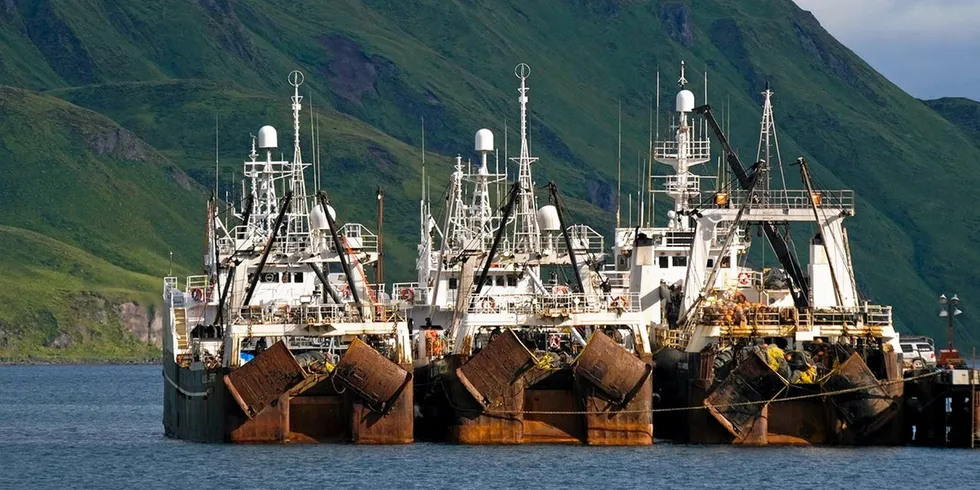Major US seafood groups say bycatch language in Magnuson reauthorization legislation could lead to shut down of whitefish and other fisheries
One of the issues is the legislation could remove language that currently requires US fisheries to manage bycatch 'to the extent practicable.'
